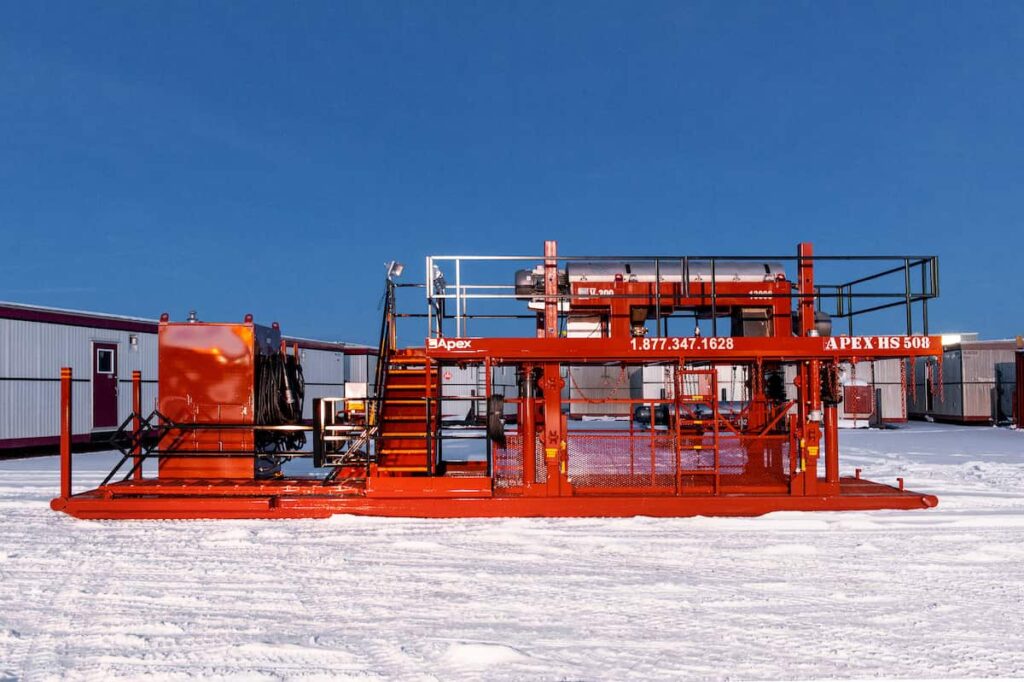
Let’s find out.
What does a centrifuge do?
A centrifuge is a machine that uses centrifugal force at high speeds to separate different components based on their densities. A centrifuge separates solids and liquids quickly and efficiently, making it a valuable device for industries involved in food processing, biotechnology, pharmaceuticals, oil production, and many other sectors. The oil and gas industries, in particular, benefit significantly from the centrifugation process.
Is it possible to purify water with a centrifuge?
It is possible to purify water using a centrifuge! The centrifuge separates impurities such as dirt, sediment, and microorganisms from the water during water purification in a process known as centrifugal clarification. Purification removes contaminants that could interfere with machinery operations or, on evaporation, leave residues on equipment.
How is purified water used?
Purified water has many industrial applications, including autoclaves, surgical handpieces, laboratory testing, laser cutting, and electronics.
Purified water is employed in the power generation industry as a coolant for power plant boilers and turbines. The water transfers heat and removes it from the system, helping to maintain equipment efficiency and prevent damage. The electronics industry also utilizes purified water, particularly in semiconductor fabrication, where it is used to rinse silicon wafers and remove particles and impurities that can cause defects in the final product.
How clean is the water from a centrifuge?
The cleanliness and purity of the water will depend on several factors, such as the type of centrifuge being used, the size of its components, and the type of liquid being filtered. Additionally, any contamination that occurs during or after use can affect the purity of the filtered water.
Most modern centrifuges have built-in safety features designed to reduce these risks while providing clean water products with minimal effort. In addition, proper maintenance and frequent quality control checks will ensure any contaminants are removed before releasing purified water into production systems or distribution channels.
Can a centrifuge act as a filter?
A centrifuge can be used as a filter in specific applications. In a centrifuge, a liquid mixture is placed in a container (called a rotor) that spins at high speeds. The centrifugal force generated by the spinning separates the mixture’s components based on their densities, with the heavier elements moving to the outer edge of the rotor and the lighter components remaining closer to the center. By removing the elements at the outer edge, the centrifuge can effectively “filter” out the heavier components from the mixture. This process is commonly used in biotechnology, medical and chemical laboratories, and oil and gas production.
Advantages of Using Centrifuge in the Oil and Gas Industries
Centrifuges are used in the oil and gas industries to separate different types of fluids and particles by exploiting the difference in density of their components. For example, a centrifuge is used in the oil industry to separate water and sediment from crude oil. Gas industries also use centrifuges to separate oil and water from produced water. Produced water is brought to the surface during oil and gas production. This water is typically contaminated with oil and other impurities and must be treated before it can be disposed of or reused. Gas industries also use other purifying processes such as dehydration, liquefaction, and filtration.
The main advantages of using centrifuges in the oil and gas industry include the following:
- Efficiency: Centrifuges are highly efficient in separating different fluids and particles, which can help improve the overall production process.
- Cost savings: Centrifuges can help to reduce costs by reducing the need for additional equipment or processes to separate fluids and particles.
- Environmental benefits: Centrifuges can help to reduce the environmental impact of the oil and gas industry by reducing the amount of waste produced. Centrifugal cleaning of industrial oil supports recycling. An estimated 380 million gallons of used oil are recycled each year.
- Safety: Centrifuges can help to improve safety by reducing the need for manual handling of fluids and particles.
- Quality: Centrifuges can help to improve the quality of the oil and gas produced by removing impurities and ensuring that the final product meets industry standards.
In summary
Centrifuges are vital tools for purifying large amounts of water. They offer an effective, efficient way to remove sediment and impurities from water so that it can be used for many industries, including mining, oil and gas production, agriculture, research, and electronics. The value of this technology cannot be overstated; it is essential to the health and safety of our world.